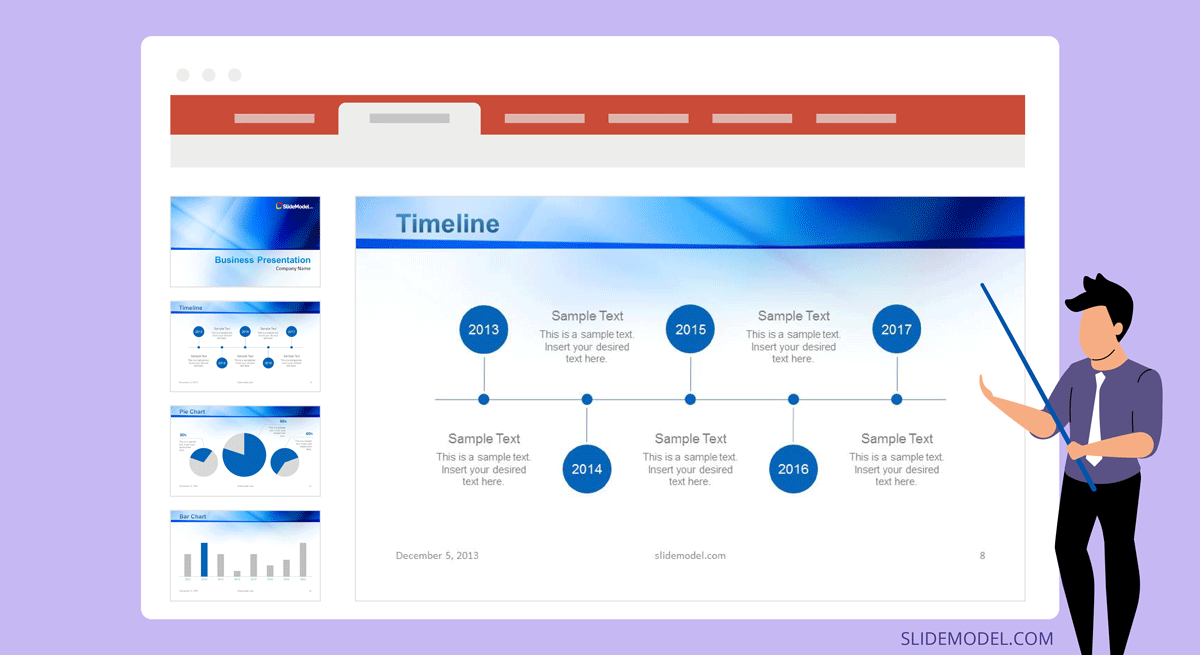Why Management Offshore Is Essential for Expanding Your Global Reach
Why Management Offshore Is Essential for Expanding Your Global Reach
Blog Article
Transform Your Organization: Trick Insights Into Management Offshore Solutions
The adoption of offshore management services provides a compelling avenue for services looking for to improve functional performance and lower prices. By purposefully contracting out particular functions, organizations can use worldwide talent swimming pools while concurrently attending to the challenges of conformity and quality guarantee. Nevertheless, the course to effective execution is stuffed with complexities that require cautious navigating. Understanding how to align overseas methods with wider corporate objectives-- and what arising fads may influence this landscape-- can eventually identify the efficiency of such initiatives. What key insights can drive this improvement forward?

Comprehending Offshore Administration Solutions
Offshore administration options include a critical method to taking care of organization operations and sources in worldwide locations, typically driven by the quest of expense efficiency and access to customized experience. This technique entails the delegation of certain company features to third-party service providers or subsidiaries found in international markets, permitting organizations to take advantage of differing labor prices, regulatory environments, and technological innovations.
The implementation of offshore administration options calls for mindful preparation and execution. Companies need to perform extensive evaluations of possible locations, examining variables such as political stability, financial problems, and the schedule of competent labor. In addition, establishing efficient interaction channels and monitoring oversight is important to guaranteeing that offshore procedures line up with the organization's general goals.
Additionally, services should recognize the regulatory and conformity obstacles related to overseas procedures. management offshore. Browsing various lawful structures can be intricate, demanding a complete understanding of both global and neighborhood laws. By strategically employing overseas administration solutions, organizations can maximize their operational effectiveness while mitigating risks associated with cross-border procedures, eventually enhancing their affordable setting in the global market
Benefits of Offshore Approaches
Leveraging offshore strategies can generate significant benefits for organizations aiming to boost their operational efficiency and competition. One of the key advantages is expense reduction. By outsourcing particular functions to countries with reduced labor expenses, business can considerably decrease operational expenses while maintaining or also enhancing quality.
Furthermore, offshore methods allow businesses accessibility to a diverse ability swimming pool with specialized abilities that might be costly or scarce in their home country. This access can increase advancement and improve solution distribution, as offshore teams often bring special perspectives and expertise.
Versatility is one more vital advantage. Offshore designs make it possible for businesses to scale operations swiftly in feedback to market demands without the lengthy processes related to working with and training new personnel domestically. This flexibility aids organizations remain active in a busy business environment.
Moreover, leveraging overseas methods can promote 24/7 procedures, many thanks to time area distinctions (management offshore). This benefit boosts consumer solution and increases overall productivity, as tasks can be completed around the clock
Key Difficulties to Think About
While the benefits of overseas strategies are compelling, a number of vital challenges warrant cautious consideration. One considerable difficulty is the possibility for interaction obstacles. Differences in language, time zones, and social nuances can hamper reliable cooperation and result in misunderstandings, inevitably influencing job outcomes.
Furthermore, browsing the governing and lawful landscape in international territories can position risks. Firms need to make sure compliance with regional laws, labor policies, and tax responsibilities, which can differ considerably from their home country. Failure to abide by these guidelines can lead to severe fines and reputational damage.
Quality assurance is one more issue, as companies might find it challenging to maintain the very same requirements in offshore procedures. Variability in procedures and oversight can bring about inconsistent service or product quality, potentially harming client complete satisfaction and brand name commitment.

Finally, there is the issue of data safety and security. Protecting delicate information throughout borders requires durable cybersecurity steps and an understanding of global data personal privacy laws. Without appropriate safeguards, organizations risk direct exposure to information violations and connected liabilities.
Addressing these challenges is important for companies seeking to leverage offshore management options successfully.
Finest Practices for Application
Efficiently applying offshore management remedies calls for a tactical More hints approach that resolves the obstacles recognized formerly. Companies must perform a detailed needs assessment to identify certain purposes additional resources and the extent of the offshore initiative. This analysis should include stakeholder interaction to ensure positioning with organization objectives.

Additionally, choosing the appropriate offshore partner is vital. Organizations should assess prospective partners based on their experience, social compatibility, and functional abilities. A well-defined contract that outlines duties, assumptions, and performance metrics will certainly even more safeguard the collaboration.
Onboarding and training are additionally important components of effective application. Providing appropriate training for both onshore and offshore teams cultivates a unified technique and enhances efficiency. Lastly, companies ought to continually keep track of efficiency and adapt strategies as required to improve results.
Future Trends in Offshore Monitoring
The future of overseas management is poised for substantial change, driven by innovations in technology and progressing business requirements. One significant fad is the increasing dependence on expert system and maker learning to maximize operational performances. These technologies enable companies to evaluate vast quantities of data, automate regular jobs, and enhance decision-making processes, inevitably causing enhanced performance.
In addition, there is a growing focus on remote work capacities, which reflects a wider acceptance of distributed teams. Companies more information are now leveraging cloud-based solutions to help with seamless collaboration across different time areas and geographical borders, enabling better adaptability and accessibility to international skill pools.

Conclusion
In conclusion, changing company procedures with overseas administration remedies presents substantial opportunities for boosted efficiency and expense decrease. Nonetheless, careful consideration of potential difficulties, such as conformity risks and quality assurance, is important. By adhering to best practices and continuing to be vigilant in efficiency tracking, organizations can properly execute offshore strategies that straighten with overarching company objectives. Welcoming future trends, including AI assimilation and sustainability, will certainly additionally reinforce the success and durability of offshore monitoring initiatives.
The fostering of offshore administration remedies presents an engaging method for organizations seeking to boost operational performance and decrease expenses. In addition, developing effective interaction networks and management oversight is crucial to ensuring that overseas operations line up with the company's general purposes.
By tactically employing overseas management remedies, companies can optimize their operational effectiveness while mitigating threats linked with cross-border procedures, eventually boosting their competitive setting in the international market.
The future of offshore administration is poised for considerable makeover, driven by improvements in modern technology and developing service demands.In verdict, changing business operations via offshore administration solutions provides substantial opportunities for enhanced performance and cost reduction.
Report this page